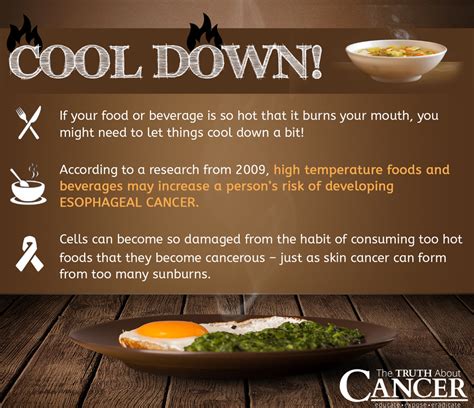The esophagus is a muscular tube that connects the mouth to the stomach. It is lined with a mucous membrane that protects it from the acidic contents of the stomach. However, the esophagus can be burned if it is exposed to hot food or liquids.

How Does Esophageal Burning Occur?
Esophageal burning occurs when the temperature of the food or liquid exceeds the temperature that the esophagus can tolerate. This can happen if you eat or drink something that is too hot, or if you eat or drink something hot too quickly.
The severity of the burn will depend on the temperature of the food or liquid, the length of time it is in contact with the esophagus, and the individual’s sensitivity to heat.
Symptoms of Esophageal Burning
The symptoms of esophageal burning can include:
- Pain in the chest or throat
- Difficulty swallowing
- Heartburn
- Regurgitation of food or liquid
- Nausea
- Vomiting
Treatment for Esophageal Burning
The treatment for esophageal burning will depend on the severity of the burn. Mild burns can be treated with over-the-counter pain relievers and antacids. More severe burns may require medical attention.
Prevention of Esophageal Burning
The best way to prevent esophageal burning is to avoid eating or drinking anything that is too hot. You should also take your time when eating and drinking, and avoid eating or drinking too quickly.
If you do experience esophageal burning, it is important to seek medical attention as soon as possible.
Other Factors That Can Increase Your Risk of Esophageal Burning
In addition to eating or drinking hot food or liquids, there are a number of other factors that can increase your risk of esophageal burning, including:
- Smoking
- Alcohol consumption
- Gastroesophageal reflux disease (GERD)
- Hiatal hernia
- Certain medications
How to Reduce Your Risk of Esophageal Burning
There are a number of things you can do to reduce your risk of esophageal burning, including:
- Avoid eating or drinking anything that is too hot.
- Take your time when eating and drinking.
- Avoid eating or drinking too quickly.
- Quit smoking.
- Limit alcohol consumption.
- Treat GERD or hiatal hernia if you have these conditions.
- Talk to your doctor about any medications you are taking that may increase your risk of esophageal burning.
Conclusion
Esophageal burning is a common problem that can be caused by a number of factors. It is important to be aware of the symptoms of esophageal burning and to seek medical attention if you experience any of these symptoms. There are a number of things you can do to reduce your risk of esophageal burning, including avoiding eating or drinking anything that is too hot, taking your time when eating and drinking, and avoiding eating or drinking too quickly.
